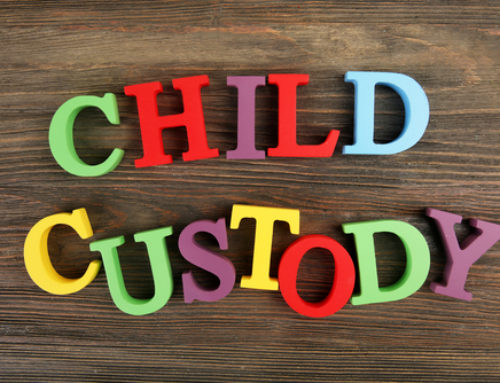 As a parent going through a divorce in Texas, you may have already heard the terms “conservatorship” and “guardianship.” These two terms describe the relationship between a parent and a child. Because Texas uses different verbiage than some other states to describe parents’ rights after a divorce, it’s important to completely understand the terms and their meaning. This post will help you understand conservatorships, what they do, and who they can help.
As a parent going through a divorce in Texas, you may have already heard the terms “conservatorship” and “guardianship.” These two terms describe the relationship between a parent and a child. Because Texas uses different verbiage than some other states to describe parents’ rights after a divorce, it’s important to completely understand the terms and their meaning. This post will help you understand conservatorships, what they do, and who they can help.
What Is a Conservatorship?
A conservatorship grants individuals rights to stay informed and make decisions regarding the health and wellness of a child. Specifically, this includes the right to:
- Talk to a health care professional about the welfare of the child;
- Access the child’s medical, dental, psychological, and educational records;
- Discuss the child’s situation with educators; and
- Make medical decisions on behalf of the child.
What Are the Three Types of Conservatorships?
Each person who is assigned conservatorship of the child is called a conservator. There are three main types of conservators:
- Joint Managing Conservator,
- Sole Managing Conservator, and
- Possessory Conservator.
In most cases when parents divorce, they are both awarded Joint Managing Conservatorship. This means that they both take an equal part in deciding what is in the best interest of the child.
However, there are times when the court decides that only one individual is truly fit to make decisions in the best interest of the child. This person would be designated as the Sole Managing Conservator. Frequently, this person is one of the child’s parents, but that’s not always the case. In some instances, it might be a grandparent or aunt or uncle who is designated as the Sole Managing Conservator.
If one of the child’s parents is listed as the Sole Managing Conservator, the other parent will be listed as the Possessory Conservator. Similarly, if an individual other than a parent is designated as the Sole Managing Conservator, both parents will be listed as Possessory Conservators. As a Possessory Conservator, you are still able to give input regarding the welfare of your child. However, in most cases, you will not have the final say.
Why Could You Be Given Possessory Conservatorship?
A parent can be assigned Possessory Conservatorship if the court believes the parent lacks the skills to make appropriate decisions in the best interest of the child. This could happen if a parent has a history of:
- Drug abuse,
- Psychological issues,
- Physical abuse,
- Neglecting the child, or
- Abandonment.
Do You Need Help Filing for Conservatorship?
wsq At The Alsandor Law Firm, our family law team is here to answer any questions you might have. Give us a call today at (713) 352-3506 or contact us online to learn how you can take action now.




